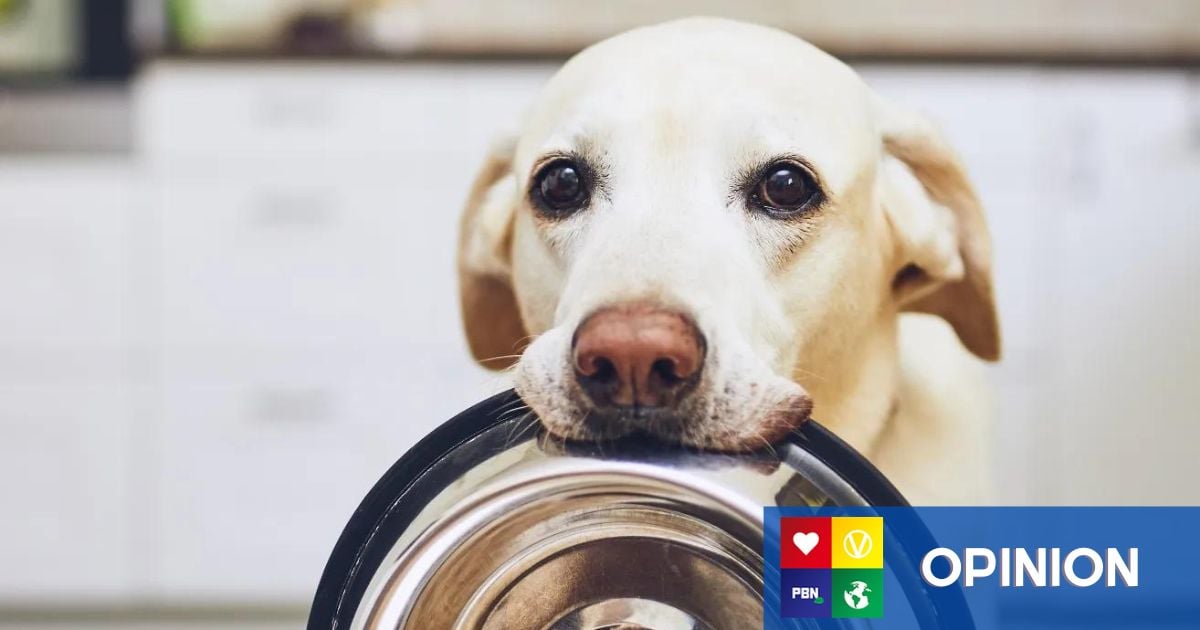Just came across this article which has several links to useful resources, so thought I would share.
Do you have other links to resources? Book recommendations? Feel free to share them here.
Read more: Great New Resources for Vegan Dogs and Cats (care2.com, 18. July 2013)A while back, we put together a comprehensive guide to feeding vegan dogs, as well as an explanation of how we have approached feeding vegan cats. But recently we also found out some other great sources of information that we’re enthusiastic about sharing with our readers.
One fantastic Facebook resource is The Vegan Dog Nutrition Group, which now has over 1800 members.
Do you have other links to resources? Book recommendations? Feel free to share them here.




